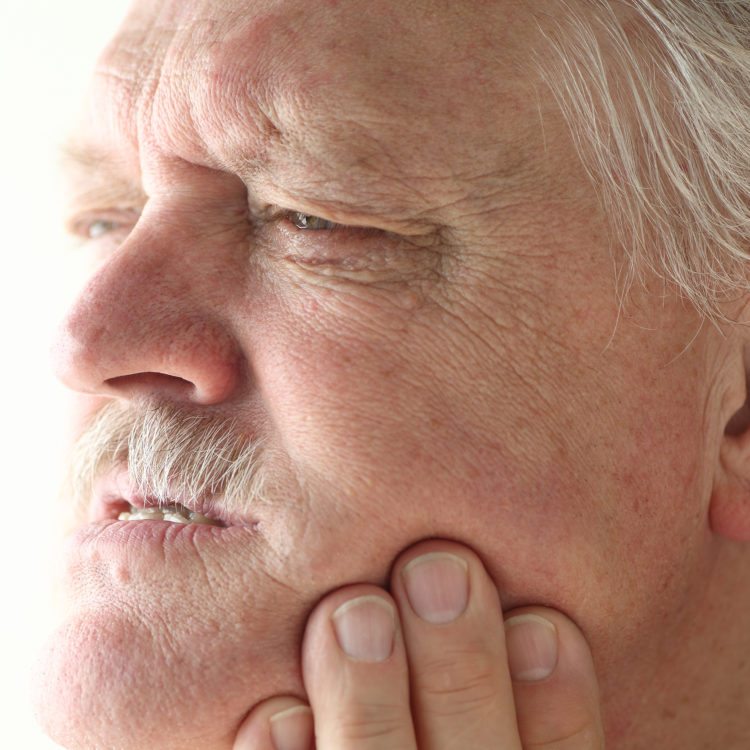NEUROMUSCULAR DENTISTRY
Are you a candidate for NMD?
Neuromuscular Dentistry can have a long-term and positive affect on your smile.
You may be a candidate for Neuromuscular Dentistry if you are considering a major dental procedure such as cosmetic or reconstruction dentistry, orthodontics, dentures, or if you suffer from TMD symptoms. After an initial evaluation, your dentist will discuss all possible options with you.
Neuromuscular Dentistry is a dental treatment approach that is intended to correct a malalignment of the jaw at the temporomandibular joint and produce a balanced bite. A Neuromuscular Dentist is involved not only with the health of teeth and gums, but with the entire functional system that allows you to use your mouth properly. A Neuromuscular Dentist restores the functionality of those joints and muscles and eliminates the pain and discomfort of Temporomandibular Joint (TMJ) symptoms.
Neuromuscular Dentistry is not just for people who have TMJ Disorder. A Neuromuscular Dentist may also assist patients who have teeth that need restoration or patients who desire cosmetic improvements through orthodontics or veneers.

Common Neuromuscular Disorders:
Temporomandibular Joint Disorder
Temporomandibular Joint Disorder (TMD) is the pain and discomfort of the temporomandibular joint (TMJ) that connects your jaw to the temporal bones of your skull. The TMJ allows for the mobility of your jaw so you can talk, chew, and yawn. When injured, it can lead to a localized pain disorder. Although it is not life-threatening, the symptoms can become difficult to manage.
What Causes TMD?
-
Teeth grinding
-
Poor posture
-
Gum chewing
-
Arthritis
-
Stress
-
Malalignment of the teeth and jaw
What are some symptoms of TMD?
-
Jaw popping or clicking
-
Lockjaw
-
Swelling on the side of your face
-
Earache
-
Popping in the ear
-
Pain in the jaw joint
Upper Airway Resistance Syndrome (UARS)
Being able to breathe freely through your nose with your mouth closed is a sign of a good open upper airway. UARS occurs when your breathing efforts evolve from harmless snoring to a more disruptive problem. Snoring is an indication that there is a resistance occurring in the upper respiratory system. The greater the resistance, the more effort is needed for breathing.
Your airway can have a major impact on your teeth. It is important to the development of a well-formed oral environment, which includes the spacing and alignment of the teeth and jaws. Constant mouth breathing can lead to a number of problems, affecting the development of the dental arches and the alignment of your teeth. This is essential in the early, developmental years of life and if untreated can carry on into adulthood. Chronic mouth breathing can also lead to a forward head posture and forward head position.
What are some symptoms of UARS?
-
Snoring
-
Dry mouth
-
Morning headaches
-
Insomnia
-
Fatigue


